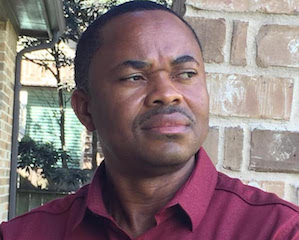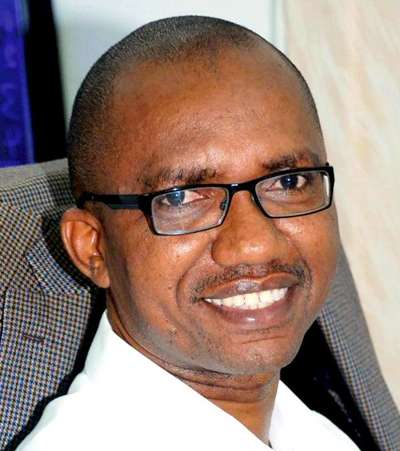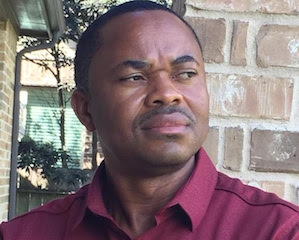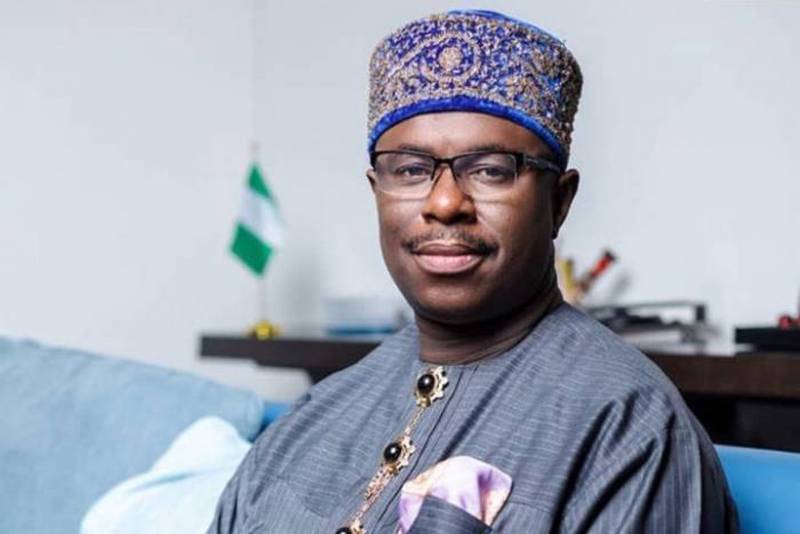Rihanna Fenty, Kanye West and Black America’s burgeoning nouveau riche
By Osmund Agbo
Since earlier this week, the internet has been buzzing relentlessly, with no plans to let up. There is this news about a certain young lady who got pregnant by her rapper boyfriend whose name features a dollar sign. So, what do I care? After all, those are the kind of stuff you will find in my wife’s Instagram feed; the type usually confined to the paparazzi world of gossip tabloids and soft-sell magazines. But Robyn Rihanna Fenty is not your run-of-the-mill Hollywood celebrity. The thirty-three-year-old Bajan sits on top of a $1.7B fortune that spans from music to brand ambassadorship and elite fashion labels. She is Young, Rich and Powerful and has become the poster child of a burgeoning class in Black America.
Born in Saint Michael and raised in Bridgetown, Barbados, much has been talked about her modest upbringing. She grew up in a three-bedroom bungalow and sold clothes with her father in a stall on the street. Her father’s struggle with crack cocaine and alcoholism led him to serially abuse her mum and ended up in her parents getting divorced when she was just 14 years old.
At the tender age of 16, Rihanna packed her bag, left her hometown and made for USA, following an invitation by the famed American record producer, Evan Rogers. She soon recorded demo tapes and before long signed up with Def Jam records in 2005. Rihanna released Music of the Sun (2005) and A Girl like Me (2006) both of which peaked within the top ten of the US Billboard 200 charts. But it was the chart-topping single” Umbrella” that earned Rihanna her first Grammy award and catapulted her to stardom.
Of course, only a fool would question the hard work, amazing talent and the Spartan discipline required to make it this far. That said, one cannot totally ignore the role of luck or what some might prefer to call God’s favor in how she rose from nothingness to become one of the richest black women in the world, coming only after the media mogul, Oprah Winfrey, Nigeria’s Folorunsho Alakija and Angola’s Isabel dos Santos.
Rihanna’s rag to riches type of story could be seen with a whole generation of black celebrities in America, from Kanye West, Sean” P Diddy” Combs, Andre Romelle Young (Dr. Dre), Lebron James, Shawn Carter (Jay-Z) and Beyoncé Knowles, to Russel Simmons. A group of rich, enterprising, powerful and world-famous black men and women who survived all the curveballs that life threw at them to achieve monumental success. But sometimes success comes to those not ready to take on the onerous responsibilities that comes with. The one that suggests that to whom much is given, much is expected.
As the world’s wealthiest female musician, Rihanna clearly understands her place in the history and embodies how one can deploy stupendous wealth for greater societal good. That was the reason behind Clara Lionel Foundation, a charity she founded in 2012 whose goal is” To improve the quality of life for communities globally in the areas of health, education, arts and culture.” In March 2020 alone, the fund donated US$5 million toward Covid-19 response efforts. Rihanna has an honorary title of Ambassador for Culture and Youth in her home country of Barbados where the Prime Minister, in recognition of her efforts, launched the national Rihanna Day. In February 2017, Rihanna was named Harvard University’s “Humanitarian of the Year and former President Obama called her “a powerful force in the fight to give people dignity.”
Another person who understands this call is the basketball phenom, Lebron James. His is not just dolling out millions in support of education and other worthy causes but being a great role model for a whole generation of young men in black America.
Outside of few others in Rihanna and Lebron James category, majority belong in the motley crew of those who would display crisp wads on social media, flaunt every Rolls Royce model, wear as many jewelries as could fill up a department store and the only thing they bring to the table is their nuisance values, commodifying young black girls and promoting gang violence through their art. This group live and die with no purpose in life. In the end, they get so frustrated and sometimes end up taking their own lives after doing a cocktail of God-knows-what. But it does have to be that way. A purpose-driven life where one can help his society heal and progress is the only life worth living.
Blacks compared to other races in the world are often defined by want, poverty, ignorance and inability to build generational wealth. The challenges faced by black men against other racial subgroups defies privileged status or high social standing. A Jay-Z walking in the streets of China without wearing his Jay-Z identity is likely to be wrongly accused of a certain crime he didn’t commit, the same way a Mr. Nobody like yours truly would. The only way to fight against those is to foster and promote an environment where black people will grow, thrive and prosper, in order to start changing those narratives and be treated with dignity.
Social movements like Black Lives Matters are important but such alone will not be enough to salvage our situation. It will not help us to navigate life on our own terms like others instead of living in reaction. We have to earn our position and place in the world just like the Chinese and Indians have done and others continue to do recently.
I get it that our entertainers have to dress and act in certain manner consistent with what they believe will promote their brand. I have also made effort to try and understand all the need for diamond chains, golden teeth, Louis Vuitton bags and the bling blings. But such a stratosphere success would have been wasted if life gets defined mostly by the ridiculousness of the mundane.
The best time for blacks in America and all over the world to re-write black history was yesterday. The next best time is today. There is the fierce urgency of now. A buy-in by all that emphasizes a collective effort is crucial but the emerging group of the rich and powerful within the black community should see themselves as people of immense privilege and position on the front seat of a cultural revolution that will usher in the much-awaited Black Renaissance. So, help us God.
Dr. Agbo, a Public Affairs analyst is the coordinator of African Center for Transparency and Convener of Save Nigeria Project. Email: [email protected]




